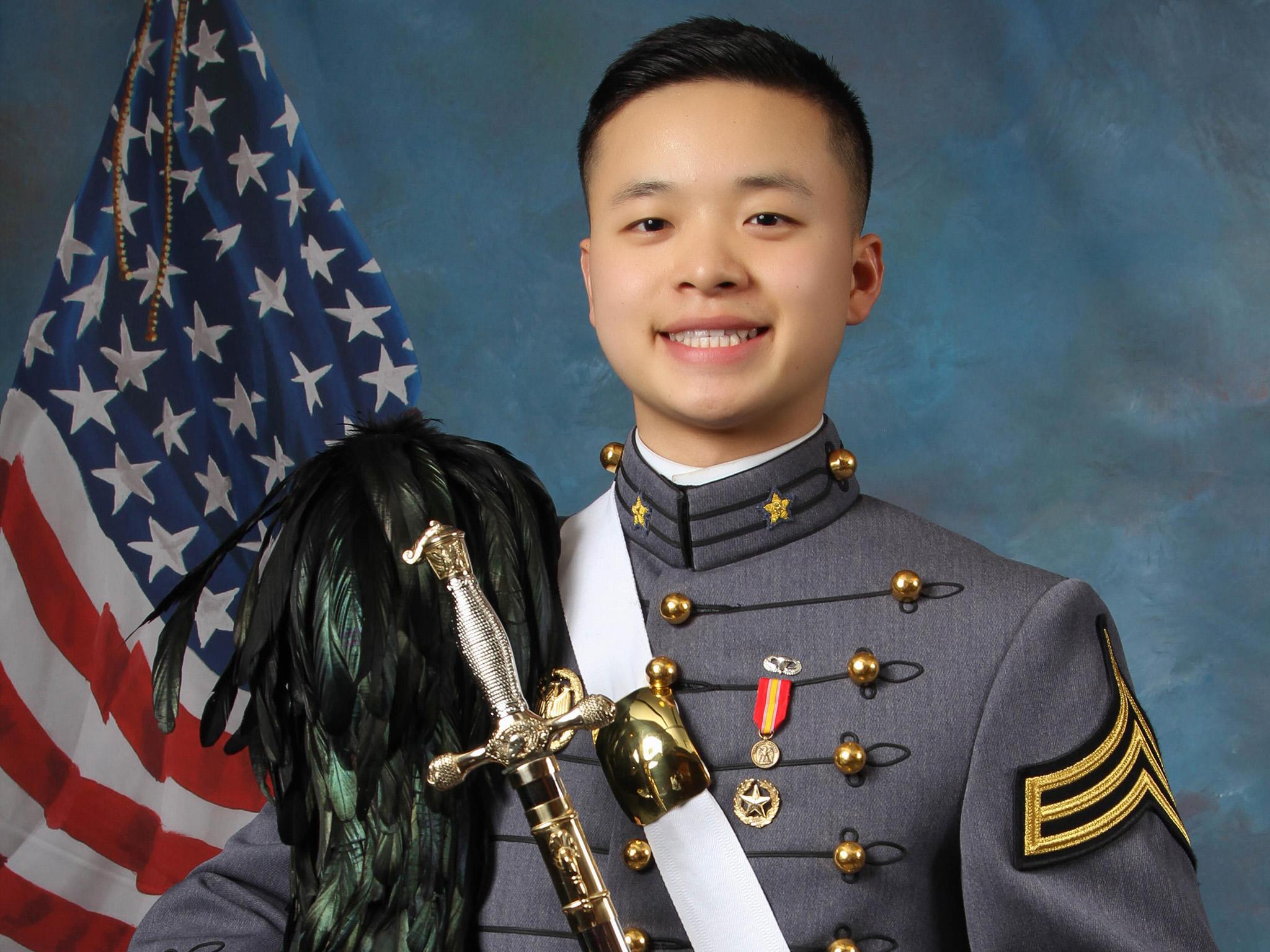Parents win right to use dead son’s sperm so they can have grandchild
Peter Zhu was killed in skiing accident – but may still father children, after supreme court ruling

Your support helps us to tell the story
From reproductive rights to climate change to Big Tech, The Independent is on the ground when the story is developing. Whether it's investigating the financials of Elon Musk's pro-Trump PAC or producing our latest documentary, 'The A Word', which shines a light on the American women fighting for reproductive rights, we know how important it is to parse out the facts from the messaging.
At such a critical moment in US history, we need reporters on the ground. Your donation allows us to keep sending journalists to speak to both sides of the story.
The Independent is trusted by Americans across the entire political spectrum. And unlike many other quality news outlets, we choose not to lock Americans out of our reporting and analysis with paywalls. We believe quality journalism should be available to everyone, paid for by those who can afford it.
Your support makes all the difference.The parents of a military cadet who was killed in a skiing accident can use his frozen sperm to have a grandchild, a judge in the US has ruled.
Peter Zhu, from Concord, in California, died after suffering a fractured spinal cord while on the slopes at the West Point military academy in February.
Now, the 21-year-old’s mother and father have been granted permission to take his sperm – which was retrieved as he underwent organ donation surgery – and attempt to conceive with a surrogate mother.
Making the ruling on Tuesday, Supreme Court Justice John Colangelo wrote: “At this time, the court will place no restrictions on the use to which Peter’s parents may ultimately put their son’s sperm, including its potential use for procreative purposes.”
He said he found no restrictions against such a procedure in law, and noted that few courts have addressed the issue of posthumous reproduction.
But the judge said that in those rare cases, the deceased’s intent had always been the deciding factor.
Mr Zhu left no written indication regarding the use of his genetic material after his death, Justice Colangelo added.
But his parents, Yongmin and Monica Zhu, testified that they had conversations with their son where he discussed his dream of having five children and the responsibility he felt to carry on his family legacy.
“Peter’s death was a horrific, tragic and sudden nightmare that neither of us could have prepared for,” the pair wrote in a court filing. “We are desperate to have a small piece of Peter that might live on and continue to spread the joy and happiness that Peter brought to all of our lives.”
Mr Zhu’s military adviser at West Point, in New York state, also told the judge that the cadet had told him during mentoring sessions that he wanted to have children.
The American Society for Reproductive Medicine issued ethical guidelines in 2018 regarding posthumous collection of reproductive tissue.
It said that it is justifiable if authorised in writing by the deceased. Otherwise, requests should only be considered from the surviving spouse or partner.
The family did not comment on the case but, despite permission being granted in law, it is reported Mr and Ms Zhu have not made a final decision whether they will attempt for a grandchild.
Join our commenting forum
Join thought-provoking conversations, follow other Independent readers and see their replies
Comments